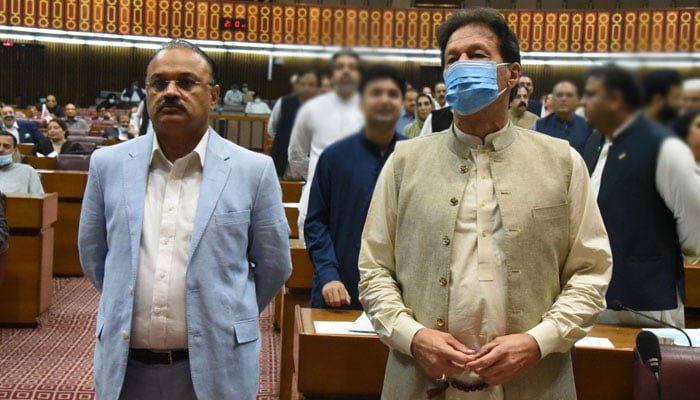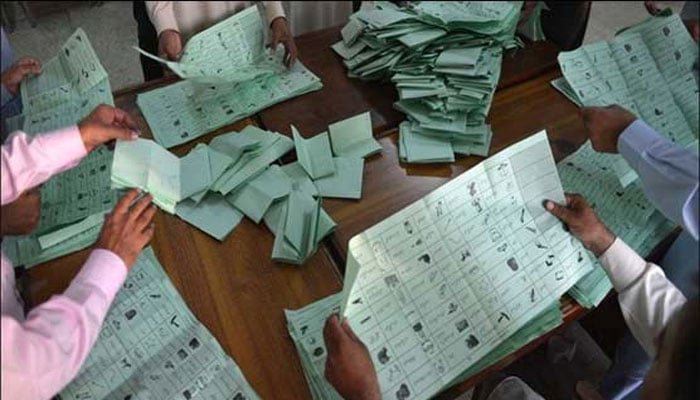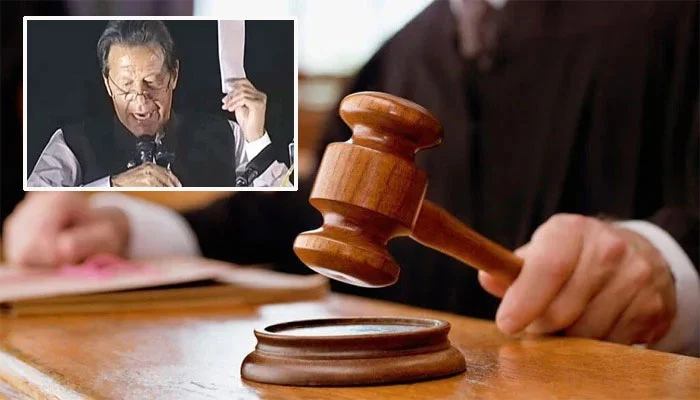In a significant development, the Election Commission of Pakistan has approved the request to transfer complaints against the victory of National Assembly members elected from three constituencies of Islamabad to different tribunals. This decision follows allegations of electoral rigging during the general elections held in February 2024.
The Election Commission’s decision came in response to applications submitted by prominent leaders of the Pakistan Muslim League-Nawaz (PML-N), including Anjum Aqeel, Tariq Fazal Chaudhry, and Khurram Nawaz. These leaders had sought the transfer of their cases to other tribunals, expressing concerns over the impartiality of the current election tribunal handling their cases.
Background of the Controversy
During the February 2024 general elections, opposition candidates accused the successful PML-N candidates of electoral fraud in Islamabad’s three constituencies. The allegations led to a contentious dispute, prompting the Election Tribunal to suspend the notification of the victories of Anjum Aqeel, Tariq Fazal Chaudhry, and Khurram Nawaz.
The opposition’s allegations included claims of vote tampering and irregularities during the election process, casting a shadow over the legitimacy of the electoral outcomes. These claims resulted in legal battles and further political tensions between the ruling PML-N and opposition parties.
Legal Proceedings and Election Commission’s Decision
The Islamabad High Court intervened by suspending the notification of the three PML-N leaders’ victories, mandating a thorough examination of the allegations. Subsequently, the matter was referred to the Election Tribunal for further investigation.
Dissatisfied with the Election Tribunal’s handling of the case, the PML-N leaders filed a petition to transfer their cases to different tribunals, arguing that they had lost confidence in the current tribunal’s ability to impartially adjudicate the matter.
A few days ago, the Election Commission reserved its decision on these transfer requests. After careful consideration, the Election Commission decided in favor of the PML-N leaders, directing that the complaints related to the three constituencies be transferred to other tribunals. This move is aimed at ensuring a fair and unbiased investigation into the allegations of electoral rigging.
Implications of the Decision
The Election Commission’s decision is expected to have far-reaching implications for the ongoing political dispute. By transferring the cases to other tribunals, the Commission aims to address the concerns of impartiality and fairness raised by the PML-N leaders. This decision also underscores the Election Commission’s commitment to maintaining the integrity of the electoral process and ensuring that justice is served.
The opposition parties have been closely monitoring the developments, and the decision to transfer the cases will likely be seen as a positive step towards resolving the electoral disputes. However, the final outcomes of the investigations by the new tribunals will be crucial in determining the future political landscape in Islamabad and potentially the broader national political arena.
With the transfer of the complaints to other tribunals, the focus now shifts to the new judicial bodies that will handle the cases. These tribunals will be responsible for conducting a thorough and impartial investigation into the allegations of rigging. The findings and decisions of these tribunals will play a pivotal role in either upholding or overturning the election results for the three constituencies in question.
Both the PML-N and the opposition parties will be preparing for the forthcoming tribunal hearings, gathering evidence, and formulating their legal strategies. The outcome of these cases will not only impact the individual political careers of Anjum Aqeel, Tariq Fazal Chaudhry, and Khurram Nawaz but also influence public trust in the electoral process.
The Election Commission’s decision to transfer the complaints against the elected National Assembly members from Islamabad to different tribunals marks a significant step in addressing the allegations of electoral fraud. It reflects the Commission’s dedication to upholding democratic principles and ensuring that electoral disputes are resolved fairly and transparently. As the new tribunals take over the cases, all eyes will be on their proceedings and the ultimate resolutions they deliver.



